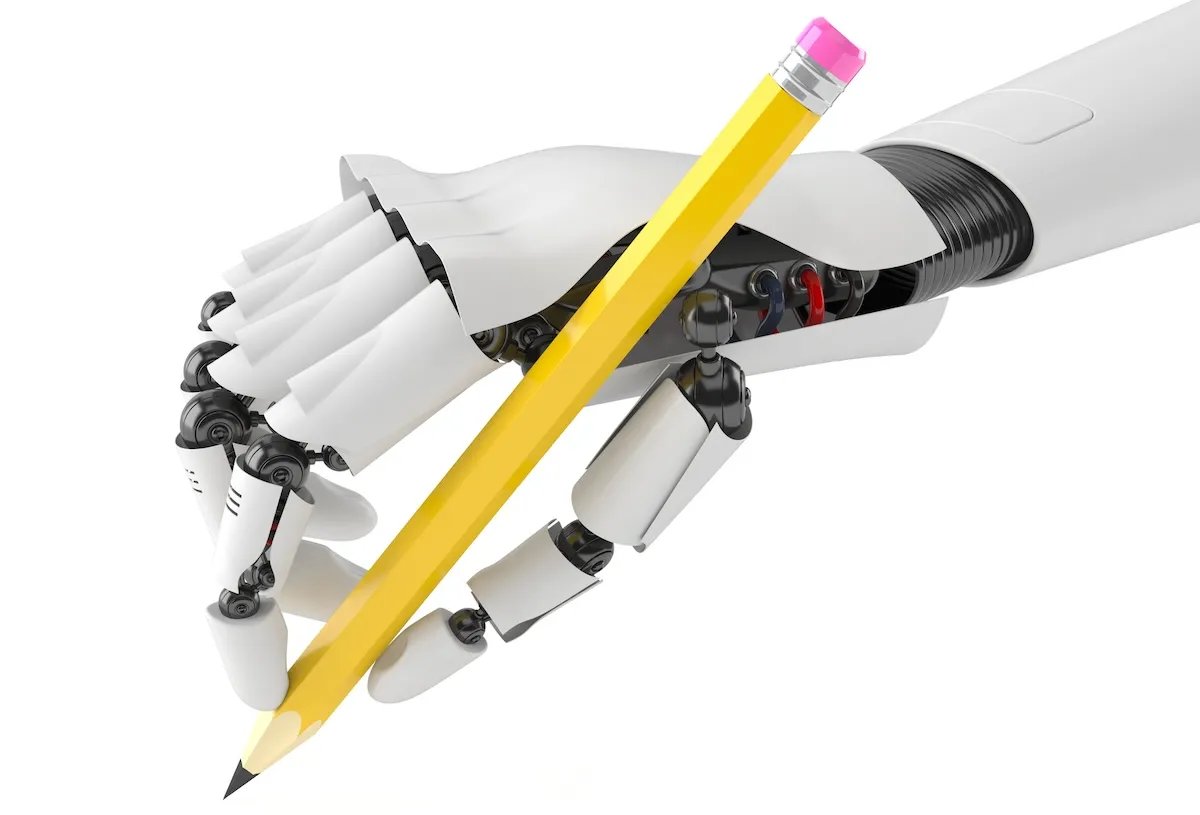For as long as Wi-Fi has been around, its proponents have wanted to make it better, faster, and longer-range, but that process has been complicated by the physical realities of the radio standard: Current U.S. regulations limit its transmission to the 2.4 GHz band. (Gizmodo explains this further in a nifty article on why so many wireless gadgets are clustered at 2.4 GHz.) But after September 23rd, that may change: On that date, the FCC plans to vote on a set of rules allowing for a “super Wi-Fi” that’s transmitted over the unused airwaves between broadcast television channels and which could potentially “travel several miles and deliver Internet speeds ranging from 15 to 20 megabits per second – as fast as a cable modem.”
AP:
Nearly two years ago, the FCC voted to open up the airwaves between broadcast TV channels – so-called “white spaces” – for wireless broadband connections that would work like Wi-Fi on steroids. But wrangling over key technical details, including concerns about interference with TV signals and wireless microphones, has prevented exploitation of these spaces.
…
Last year’s transition from analog to digital television broadcasting freed up enough spectrum to make this possible, but the plan faced serious opposition from television broadcasters worried that their signals could be disrupted. Wireless microphone manufacturers and users – including churches, theatres, karaoke bars and all types of performers – also raised concerns about interference.
To address these issues, the FCC has been working with broadcasters and white-spaces proponents to map TV channels across the country. The current FCC plan would require installers to configure white-spaces devices to use a frequency that’s vacant in their area – a white space. Alternatively, the devices themselves could figure out their location using such technologies as GPS; a database would then help the devices figure out the right frequencies for their area.
We aren’t holding our breaths — a regulatory shift of this magnitude will undoubtedly take time and compromise, and whatever tech solution is worked out to deal with the issue of variable local white space will need to, well, work in order to prevent widespread interference with other signals. But fast, long-range Wi-Fi is long overdue, and opening up TV bands may be just what’s needed to make true public Wi-Fi in many American cities a reality.
Update, 9/23: Looks like it’s a go.
(HuffPo via DVICE; title pic via DVICE)







